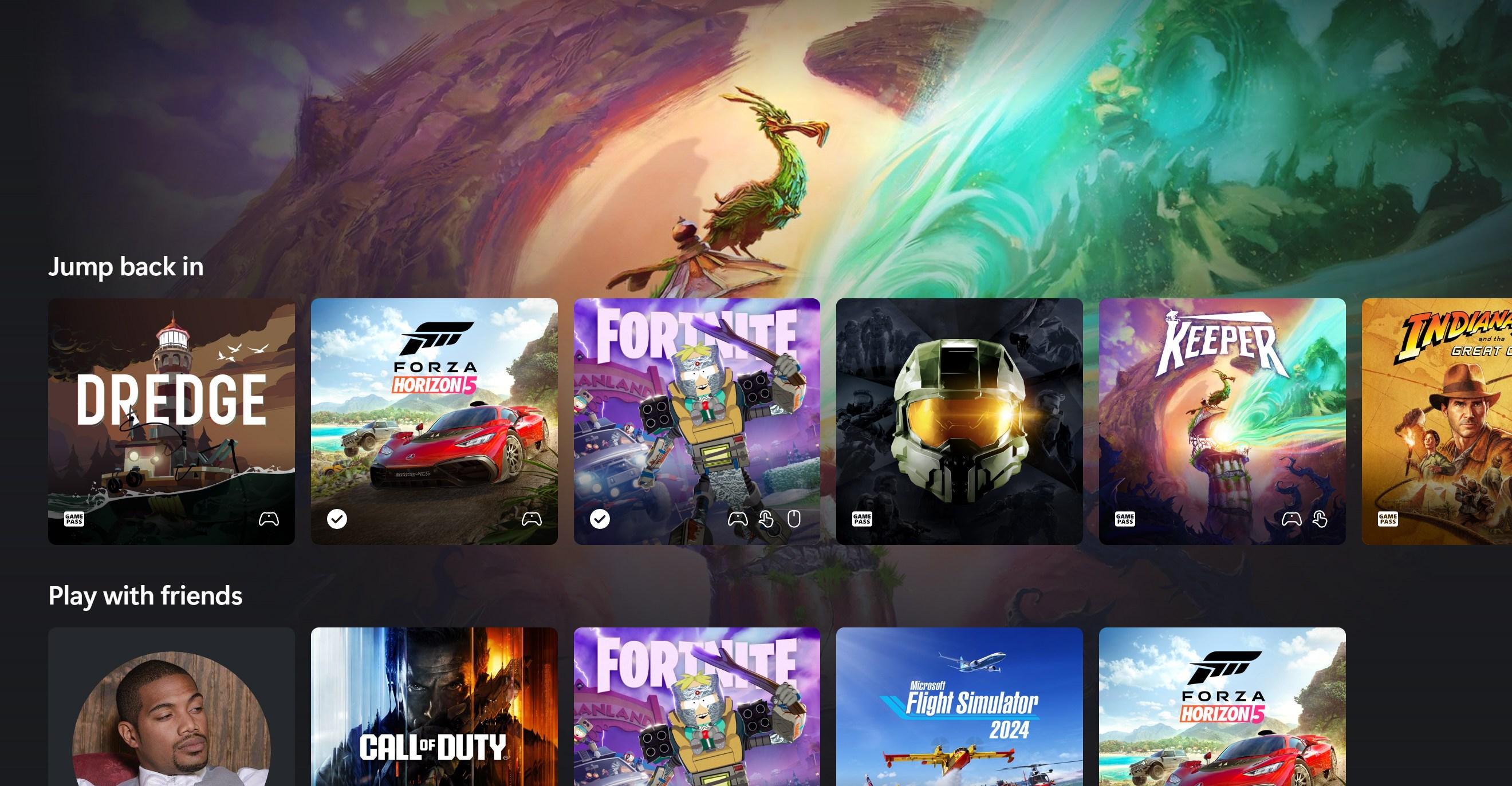- Home
- Technology
- News
Google replaces SMS authentication with QR codes to boost Gmail security
New QR code system will be rolled out in coming months, offering safer alternative to outdated SMS-based approach

(Web Desk): Google is replacing SMS-based authentication with QR code verification for Gmail, marking a major shift in its security strategy.
This change is part of Google’s broader move towards adopting passkeys as the default login method and phasing out older security practices like passwords and SMS codes.
The decision comes as Google works to address security issues with SMS authentication, which has become vulnerable to attacks like mobile phishing. These attacks increased by 26% in 2024, and experts have raised concerns about SMS codes being intercepted or stolen, especially through techniques like SIM swap attacks. These scams have caused millions in losses.
With the new system, users will no longer receive a 6-digit SMS code. Instead, they will see a QR code on their screen, which they’ll scan with their phone's camera app to verify their identity. This change reduces the risk of phishing attacks, as there’s no longer a need to manually enter codes, which could be intercepted.
Gmail spokesperson Ross Richendrfer explained that SMS authentication is risky due to reliance on carrier security, and the new QR code method improves safety by cutting out this dependency. The shift also responds to warnings from the FBI and CISA, who have highlighted weaknesses in SMS-based two-factor authentication.
This update is part of Google’s broader push for better security, including the use of passkeys and biometric features. Google is joining Apple and Microsoft in supporting FIDO authentication standards, aiming to make authentication more secure and easier across platforms. The new QR code system will be rolled out in the coming months, offering a safer alternative to the outdated SMS-based approach.
Security forces kill 22 more terrorists during pursuit operations in Balochistan: sources
- ایک گھنٹہ قبل

Security forces committed to eliminate anti-Pakistan proxies: Attaullah Tarar
- 21 گھنٹے قبل

With Bader in center field, Giants move Lee to rig...
- ایک دن قبل

Who will win the Australian Open men's title?
- ایک دن قبل

Draymond: Not losing sleep as Giannis talk swirls
- ایک دن قبل
PM urges KP govt to fulfill its responsibilities for law and order, health, education sectors
- ایک گھنٹہ قبل

Interior minister,CM Balochistan and Corps Commander visit CMH Quetta
- ایک دن قبل
Israel reopens Gaza’s Rafah border crossing to Egypt, with limits
- ایک گھنٹہ قبل
Rose breaks 36-hole Torrey Pines mark, up 4 shots
- 10 گھنٹے قبل

Gold prices continue to drop in Pakistan, global markets
- 2 گھنٹے قبل
Pakistan vigorously working on economic reform agenda, PM tells WB chief
- 14 منٹ قبل

Balochistan operations: 145 terrorists killed as CM vows long term fight against terrorism
- ایک دن قبل










